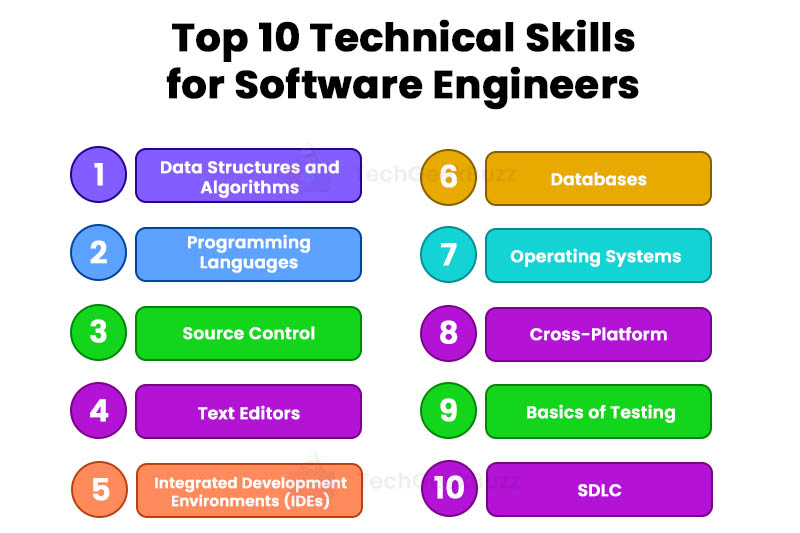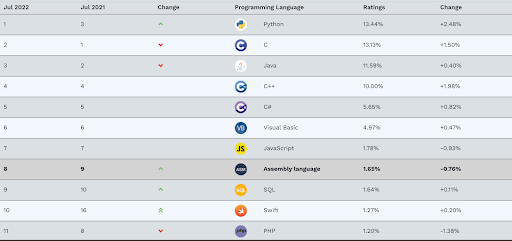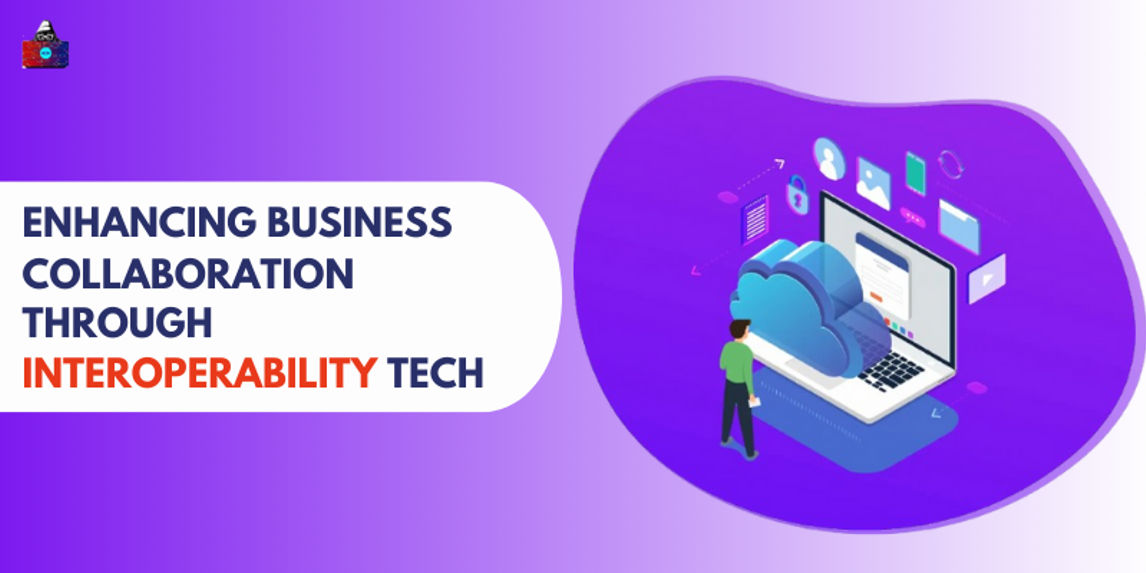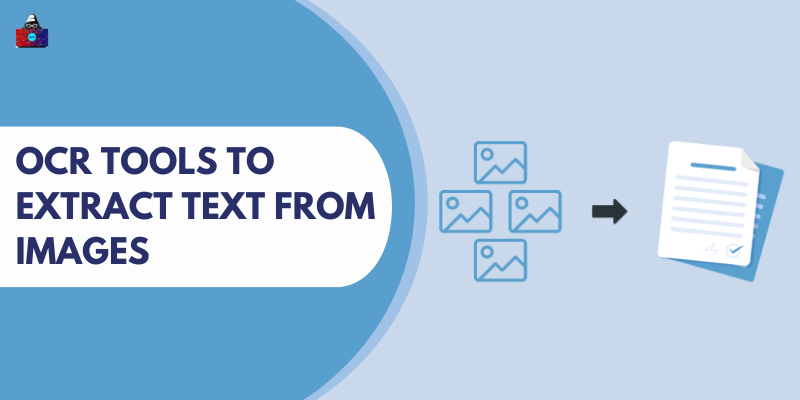There is a constant need for innovative mobile software and applications in the world of technology today. Alongside this constant requirement, the demand for software engineers is rising quickly. Software engineers are responsible for leveraging their understanding of programming languages and implementing engineering principles to develop cutting-edge software applications.
However, software engineers and software developers are the two terms used interchangeably because of their overlapping roles and responsibilities. Software engineers apply software engineering principles throughout the software development life cycle (SDLC), which involves designing, development, testing, deployment, and maintenance phases. On the flip side, software developers are in charge of writing code to build software applications that run across various platforms.
In a nutshell, we can say that software engineering is a broad term encompassing various activities, while software development is a solitary activity.
Software development firms and organizations are always on the lookout for talented software engineers and developers. So, pursuing a career as either a software engineer or software developer is rewarding in terms of both opportunities and finance.
Prior to becoming a software engineer or developer, it is important to master a number of skills. In this article, we are going to make you familiar with some essential expertise that you should possess as a software engineer. But before that, let us first briefly discuss who a software engineer is.
Who is a Software Engineer?

A software engineer is an Information Technology (IT) specialist who is in charge of putting software engineering principles into practice for designing, developing, testing, and maintaining software applications. They possess profound knowledge of programming languages, operating systems, software development , and software engineering principles.
Basically, software engineers put the software engineering principles into practice in all the phases of SDLC, from requirements gathering and analysis to deployment and maintenance. They can develop a variety of software systems, including operating systems, computer games, enterprise applications, desktop applications, and network control systems.
The following are some everyday duties of a software engineer:
- Designing, developing, and maintaining software applications.
- Creating and evaluating new software applications.
- Working together with customers, stakeholders, and security experts.
- Proposing new features to stakeholders and clients.
There are two categories of software engineers, namely application engineers and system engineers.
- Application Engineers: They are IT professionals who develop applications for organizations by understanding and interpreting the client’s requirements.
- System Engineers: They are IT specialists who are in charge of creating and managing an organization’s computer systems. They work to cater to the needs of every department in an organization, direct them with technical suggestions, and set up the required networks.
Essential Skills Required to Become a Software Engineer
Software engineers need to be proficient with a variety of technologies because their job is integral to the entire software development process. Also, they need to stay updated as technology advances. This is because they should be able to integrate modern technologies with the existing stuff to deliver high-quality products that cater to the needs of the clients or customers.
Software developers need to have interpersonal skills in addition to their technical expertise. Let us discuss technical as well as interpersonal skills to become a software engineer.
Top 10 Technical Skills for Software Engineers
If you aspire to become a software engineer, here are some essential skills that you must work on to develop.

1. Data Structures and Algorithms
Software engineers, as well as every software developer, should possess a profound knowledge of data structures and algorithms.
A data structure is an approach to organizing data in computer systems so that it becomes easy to store, retrieve, and manipulate. Some common data structures in programming are an array, list, queue, binary tree, stack, linked list, matrix, and graph. An algorithm, on the other hand, is a set of instructions that are executed in order to solve a particular problem.
The foundation of programming is made up of data structures and algorithms. Without their knowledge, it is impossible for programmers to determine a program's time and space complexity. While time complexity is the time required to execute a certain set of instructions, space complexity is the amount of space a program or algorithm consumes.
If you want to master data structures and algorithms, you can check out the top courses here .
2. Programming Languages
Coding and programming would not exist without programming languages. A programming language is a type of computer language used by programmers to interact with digital devices. In order to develop a software product, it is essential to write its source code, and hence, you must be well-versed in at least two or three programming languages.
With a plethora of programming languages available out there, the choice ultimately depends on the programmers’ preferences. Among all programming languages, some are general-purpose, while some are specialized.

According to TIOBE’s programming index, Python is the top programming language, followed by C and Java, as of July 2022. Learning popular languages would be beneficial since it opens up a lot of job opportunities.
Once you choose the programming language you want to learn, you can opt for online tutorials, YouTube videos, or online courses to master it.
To get acquainted with the top programming languages, you can check out the article: Top Programming Languages .
3. Source Control
Source control, often known as version control, is the method used in software engineering to monitor and manage changes made to the source code over time. It is done through version control systems (VCS). VCS enables developers, designers, and everyone involved in developing a project to work together.
Today’s organizations heavily rely on version control systems, like Git, SVN, and Mercurial, to manage their projects by allowing team members to collaborate. Also, every individual can access the latest changes made to the source code.
4. Text Editors
A text editor is a piece of software that allows anyone to create and edit text files. In the programming world, a text editor is often referred to as a source code editor that lets developers or programmers write and edit the source code of applications.
Text editors are the most basic need of every programmer or developer, whether a seasoned programmer or a newbie. They are a crucial tool in the daily lives of programmers since they increase the efficiency of developing code. As a software engineer, you should be able to work with at least the popular text editors, such as Notepad++, Sublime Text, Atom, Brackets, and Visual Studio Code.
To find out more text editors, you can refer to the article: Best Text Editors .
5. Integrated Development Environments (IDEs)
An integrated development environment (IDE) is a computer program that brings together all of the necessary developer tools into a single graphical user interface (GUI). It at least comprises a source code editor, debugger, and compiler or interpreter. It lets you write, edit, compile, run, and debug the source code.
IDEs have proved to be a boon to software engineers and developers as they do not have to shift between different developer tools continuously while developing applications. As everything is packed in a single tool, using IDE significantly accelerates the speed of the development process.
Every programming language has different IDEs, and as a software engineer, you must be proficient in using popular IDEs available for the programming languages you excel in. For instance, if you are proficient in Java, you must be able to work with Java IDEs , such as IntelliJ IDEA, Eclipse, and NetBeans.
6. Databases
Another fundamental technology essential in the development of software applications is databases . A database is a well-structured collection of data stored in computer systems, generally managed by a database management system (DBMS).
There are various types of databases available, which are classified based on how they store data. Some common and well-known types of databases are relational, hierarchical, object-oriented, NoSQL, and network databases.
Relational databases are widespread and store structured data in the form of tables, i.e., rows and columns. Popular examples of relational databases include SQL Server, MySQL, Oracle, PostgreSQL, MariaDB, and SQLite. All the relational databases leverage Structured Query Language (SQL) to manipulate stored data.
Another type of database in extensive use today is the NoSQL database, which can manage unstructured data. Such databases store data in a format other than the one relational databases store. MongoDB, Cassandra, Couchbase, HBase, CouchDB, and Redis are examples of popular NoSQL databases.
7. Operating Systems
An operating system is a computer program responsible for managing computer hardware and other computer programs. It is essentially a bridge between computer hardware and end users. An operating system is also in charge of providing or allocating resources and services to various computer programs.
Understanding the mechanism and operation of operating systems is critical for a software engineer. To make your applications compatible with various operating systems, you must first learn and understand them thoroughly.
While developing software applications, you may encounter different types of operating system problems. You can easily resolve those issues if you possess a good understanding of operating system processes and mechanisms.
Generally, developers and programmers prefer Windows, macOS, and Linux as desktop operating systems, while Android and iOS are popular for mobile devices and tablets.
8. Cross-Platform
Today, people are likely to adopt software applications that work with the majority of platforms. Cross-platform refers to a piece of software that can function across several platforms and operating systems. Therefore, software developers and engineers should be able to create applications that run on the maximum number of platforms and devices.
9. Basics of Testing
Testing or software testing is an unavoidable phase of software development. It ensures that software applications are free from defects and meets quality standards before making them live in the market. Any software application under development goes through different levels of testing, such as unit testing, integration testing, system testing, and user acceptance testing.
As the role of software engineers is involved in every phase of software development, they must have a fundamental knowledge of software testing. They ought to be familiar with each stage of the software testing life cycle (STLC).
10. SDLC
SDLC is a structured approach to developing software applications. It involves segmenting the entire software development process into various stages to speed up the production of high-quality applications. You should have a thorough knowledge of each SDLC phase if you want to succeed as a software developer.
Top Interpersonal Skills
Not only software engineers are required to possess the aforementioned technical skills but also some interpersonal skills, as follows:
1. Excellent Communication
The role of software engineers is not something that requires you to work in isolation. You need to communicate with clients, stakeholders, designers, and other members of the development team. As a result, you need to possess strong communication skills to express yourself so that others can better grasp it.
2. Teamwork
As mentioned earlier, software engineers always have to work in a team. You should therefore be able to lead or work in teams to develop top-rated software applications. Additionally, you should be able to inspire both yourself and your team members to perform at their highest level.
3. Problem-Solving and Logical Thinking
Software developers are in charge of understanding business issues and providing workable solutions. In this situation, problem-solving skills are put to use. Software engineers must also have logical thinking skills in order to create practical and effective solutions to challenging business issues.
4. Attention to Details
In order to develop high-quality and accurate software solutions, software engineers have to pay attention to the details of every process taking place during software development.
Conclusion
This was all about the essential skills required to become a software engineer. With all the aforementioned expertise, a software engineer is in charge of providing highly precise and efficient software solutions to a variety of business challenges.
As software engineers are highly sought-after, organizations hire them with attractive pay scales. So, there is no doubt that you will earn a lofty salary as a software engineer. However, you will also learn a lot of new and emerging technologies and grow into a better version of yourself.
People are also reading:





Leave a Comment on this Post